Whether you’re going abroad or staying in the UK this summer, sun protection needs to be a top priority for all of us. And not just in the summer – year‑round, in fact!
Sun exposure is the primary cause of skin cancer and you also run the risk of skin damage and premature ageing. But if you’re wondering what sun protection factor to choose, whether we need anti-ageing sunscreen or how to make sure you also get enough vitamin D – we have the answers.
We spoke to Dr Sina Ghadiri, a consultant dermatologist and founder of Sinaesthetics and consultant Miss Parneet Gill, Sk
How much sun exposure will typically cause damage?
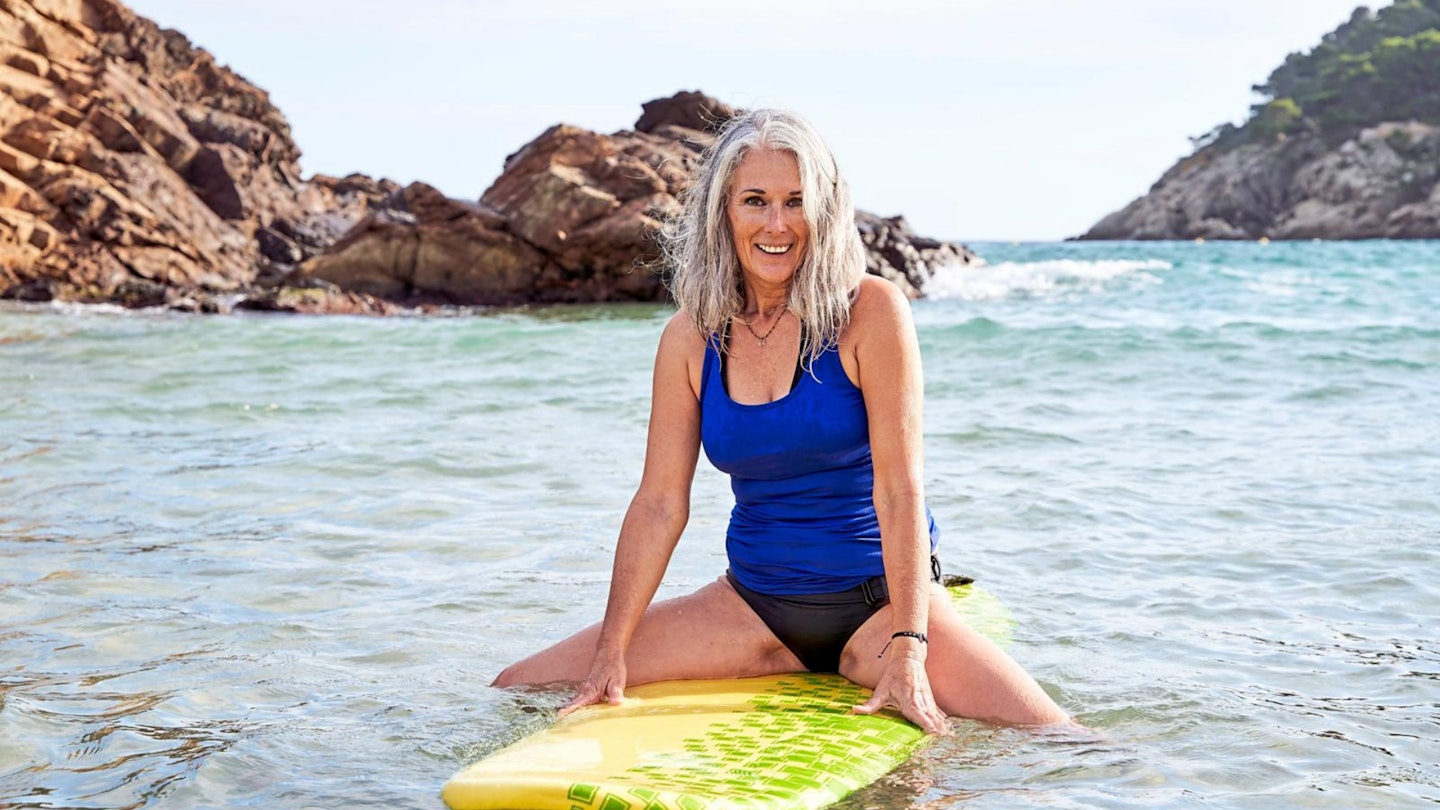
Dr Ghadiri says, "UV damage is cumulative, meaning even small amounts of regular, unprotected exposure, especially on sun-exposed areas like the face and hands, can add up over time and contribute to premature skin ageing. When assessing skin cancer risk, dermatologists focus particularly on episodes of sunburn, as these intense bursts of UV exposure are considered especially harmful and more closely linked to the development of skin cancer."
Are all suncreams made equal?
"No, so it’s important to choose wisely," says Dr Ghadiri. "Look for broad-spectrum protection – this means it shields against both UVA and UVB rays. Ideally, opt for products with a sun protection factor (SPF) of 50 and a five-star UVA rating (or PA++++). Creams and lotions are best; avoid sprays and powders, as they often don’t provide even or adequate coverage. If you have a photosensitive condition [a condition or symptom that is made worse by exposure to sunlight], choose a sunscreen that also protects against visible light, which can trigger symptoms in certain individuals."
Miss Gill adds, "If you’re prone to acne, always check for dermatologist-tested or non-comedogenic ingredients. If you suffer with increased pigmentation or melasma, then a tinted SPF 50 would be ideal to provide a physical barrier as well as chemical barrier to avoid hyperpigmentation and reduce pigmentation."
Are there any types of sunscreen you just need to apply once?
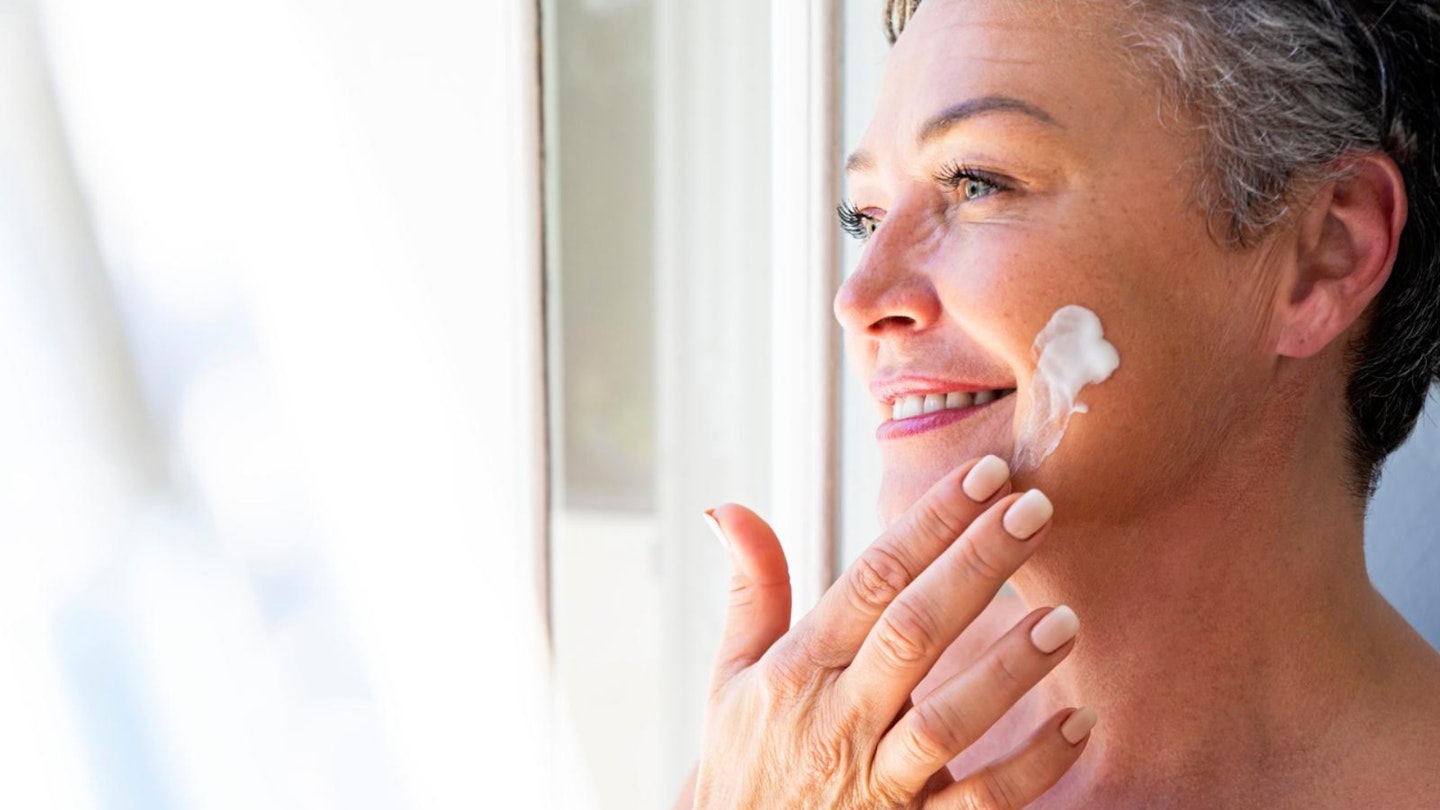
"The idea of a once-a-day sunscreen may sound appealing, but unfortunately, it’s more marketing than reality," explains Dr Ghadiri. "In practice, factors like sweating, swimming, rubbing, heat, and environmental exposure all reduce sunscreen effectiveness and these can be highly individual."
Miss Gill says, "For optimal protection, sunscreen should be applied 15-20 minutes before sun exposure to allow sufficient time for absorption and to ensure maximum effectiveness. It should also be reapplied at least every two hours when outdoors, and immediately after swimming, sweating, or towel drying – even if the product is labelled as water-resistant."
How much difference does factor 30 versus factor 50 make?
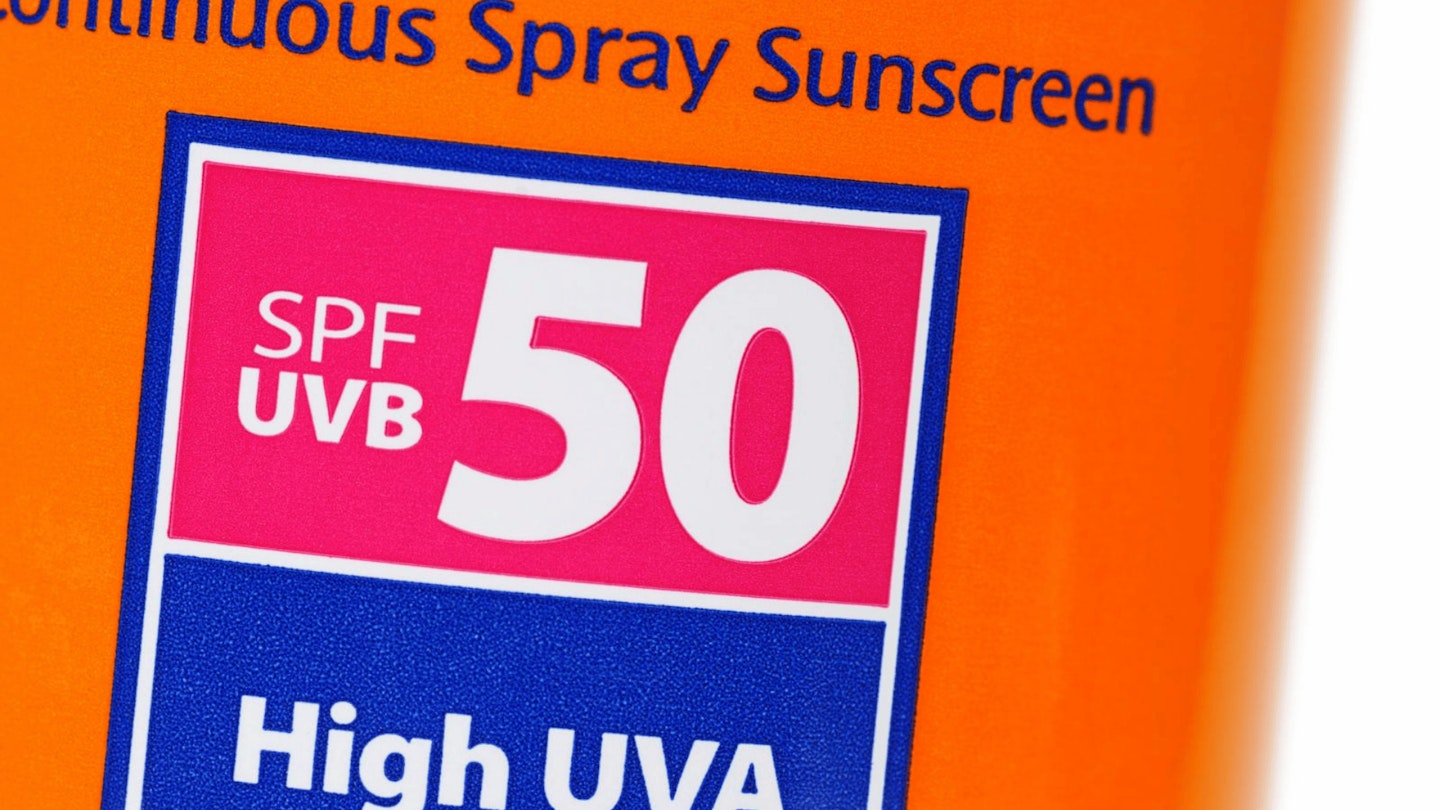
Dr Ghadiri says, "The difference in UVB protection between SPF 30 and SPF 50 may seem small – SPF 30 blocks around 97% of UVB rays, while SPF 50 blocks about 98%. However, over a lifetime of sun exposure, that extra 1% can be significant, especially for those with high sun exposure due to geography, outdoor work, or hobbies. That said, the way sunscreen is applied – how much and how often – is often more important than the SPF number alone."
How can we protect our hands when we have to wash them all the time?
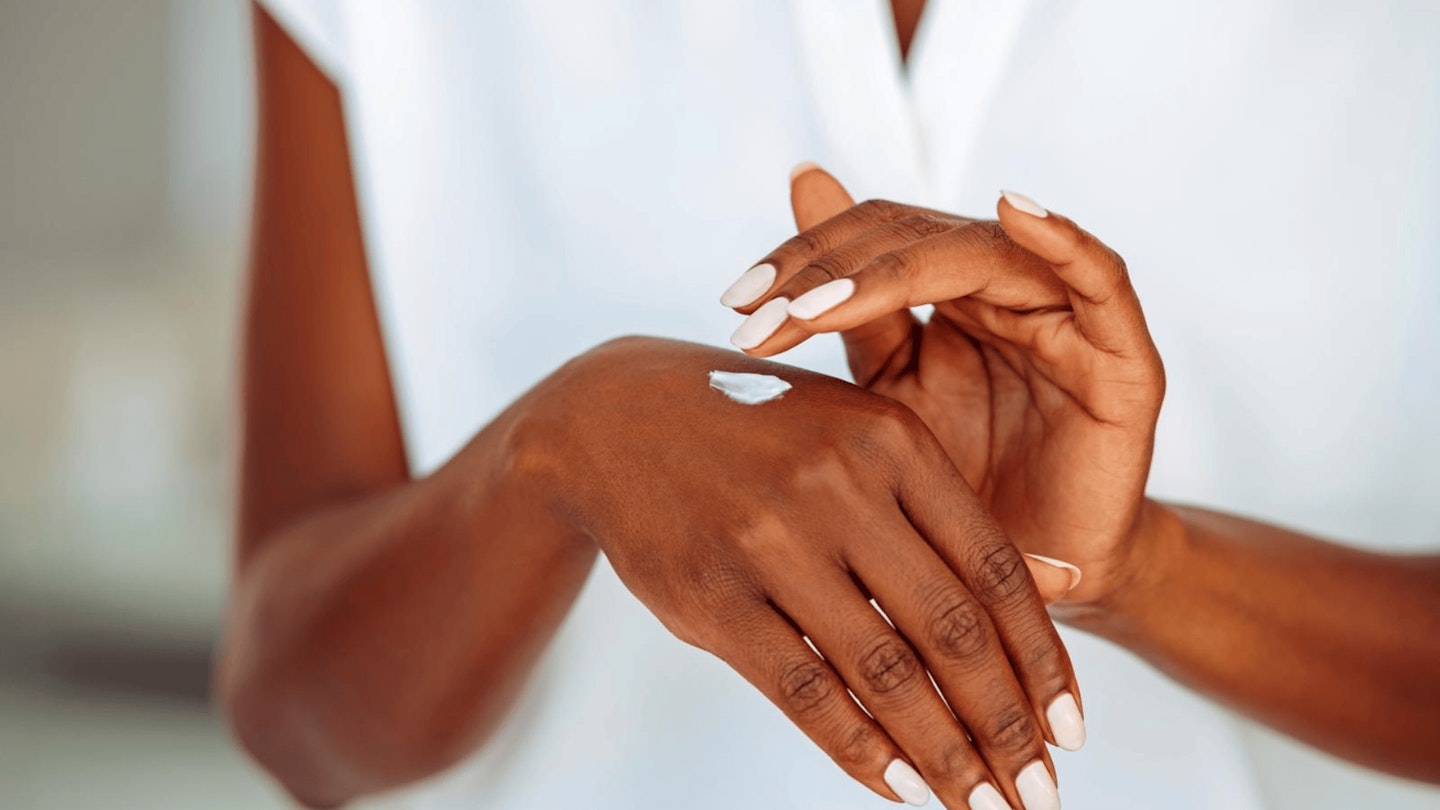
"This is a tricky point of discussion," says Dr Ghadiri. "To some extent this is unavoidable, and reapplication will have to happen after hand washing. One highly effective option is wearing UV-protective gloves, particularly when driving or working outdoors and, with the right design, they could even become a stylish accessory."
Miss Gill suggests, "Hands are one of the first areas to show signs of sun damage, yet they’re often overlooked in daily skincare. I would recommend investing in a hand cream with built-in SPF, making sure to reapply it regularly. In the evening, use a rich, fragrance-free moisturiser to help repair and strengthen the skin barrier – look for nourishing ingredients like shea butter, ceramides or niacinamide."
Do we need to wear sunscreen on our faces in the winter?
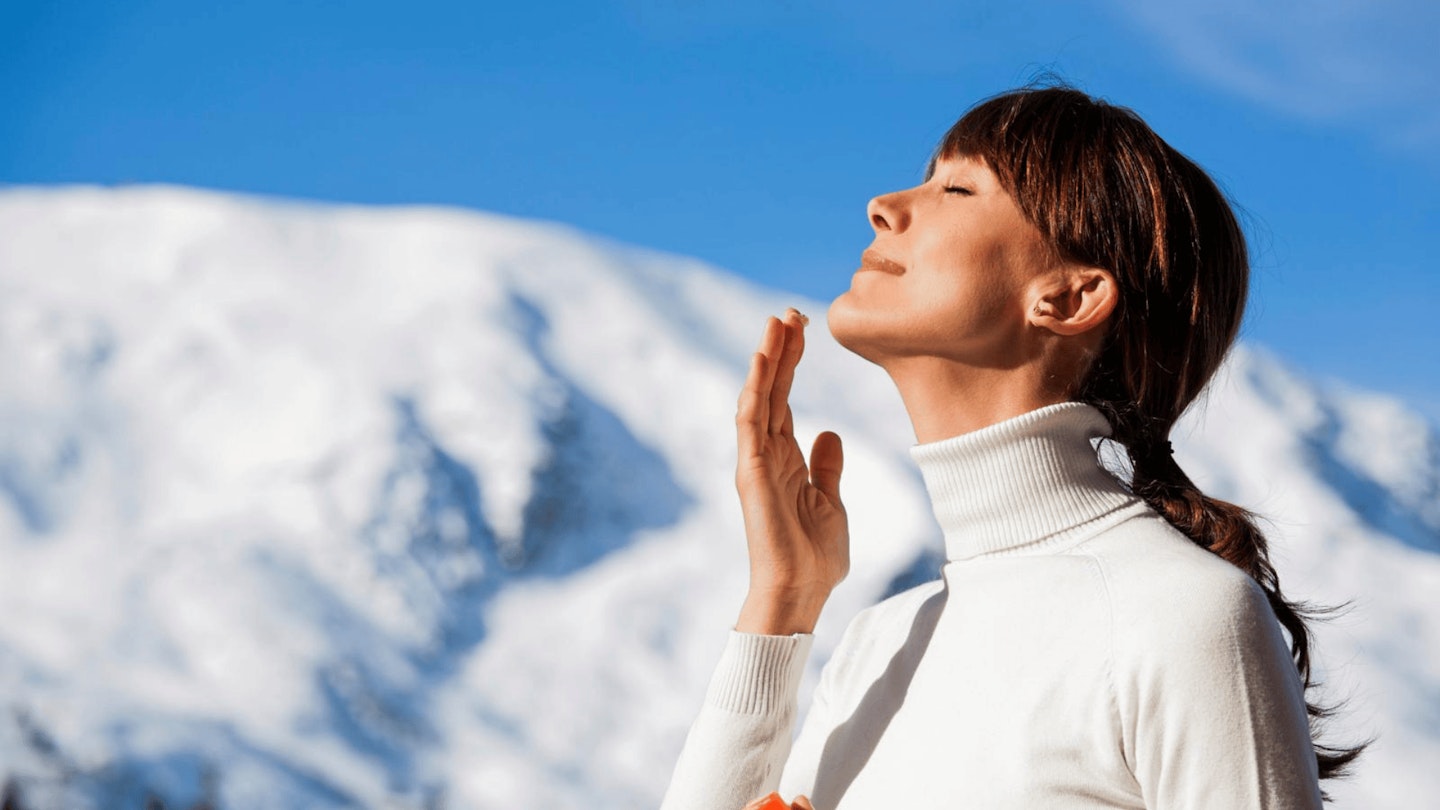
"Yes, particularly for protection against UVA rays, which are present all year round," says Dr Ghadiri. "UVA can penetrate clouds and glass, contributing to premature ageing and pigmentation, even on overcast days or when you’re sitting near windows. In snowy conditions, UV exposure can increase, as snow reflects sunlight, so be particularly wary on the ski slopes!"
Are there any conditions or medications that make you more likely to burn?
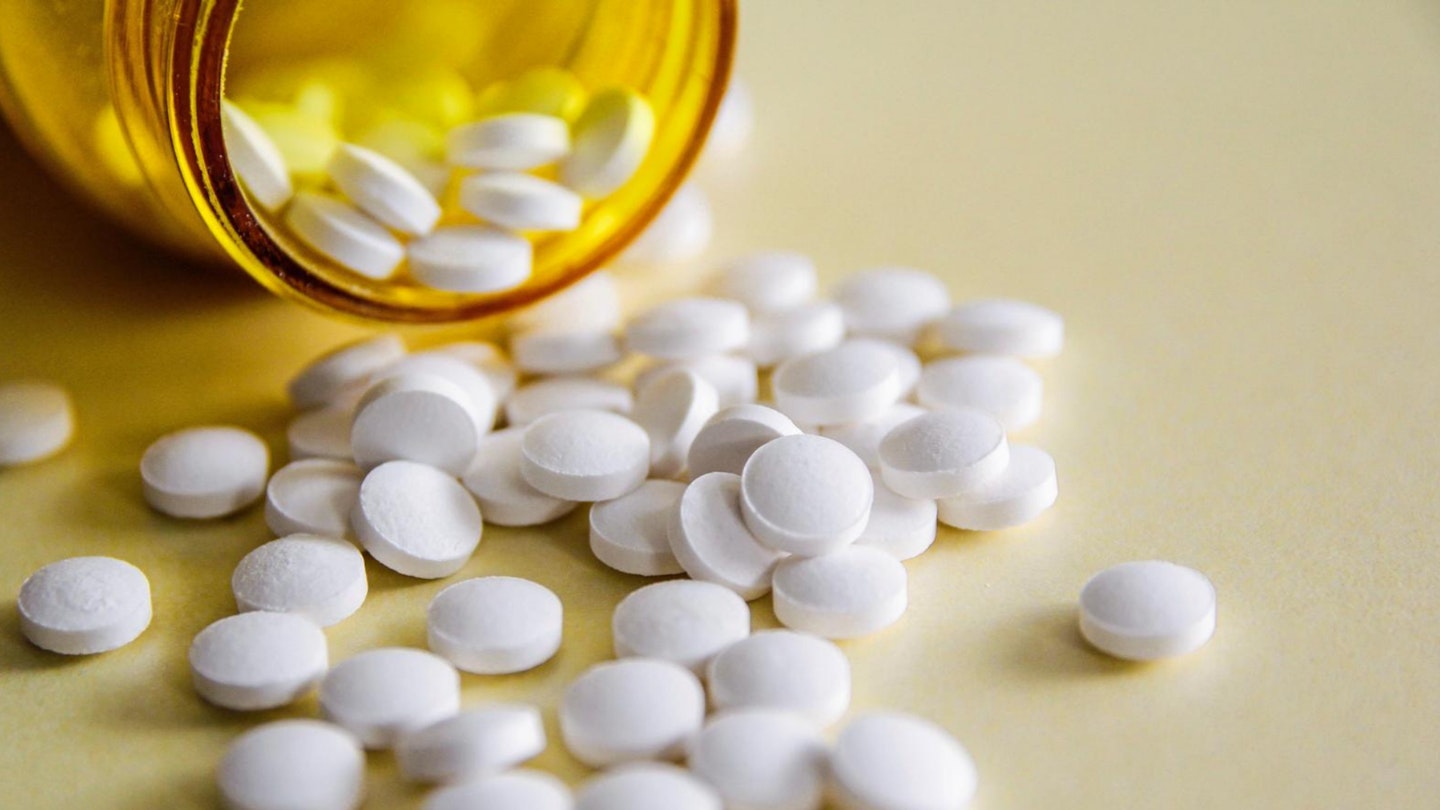
Dr Ghadiri explains, "Yes, for example, topical retinoids, often used for acne or anti-ageing, can make the skin more prone to burning and, for this reason, are generally applied at night. Similarly, oral antibiotics like doxycycline or lymecycline, commonly prescribed for acne, carry a risk of photosensitivity. Skin conditions such as rosacea, and photosensitive disorders like actinic prurigo or porphyria, can also heighten your skin’s reaction to UV light. Extra sun protection is essential in these cases."
Miss Gill adds, "Always read medication leaflets and speak with a doctor or dermatologist if you’re unsure."
If you wear make‑up, how can you stay safe in the sun without ruining it for suncream top-ups?
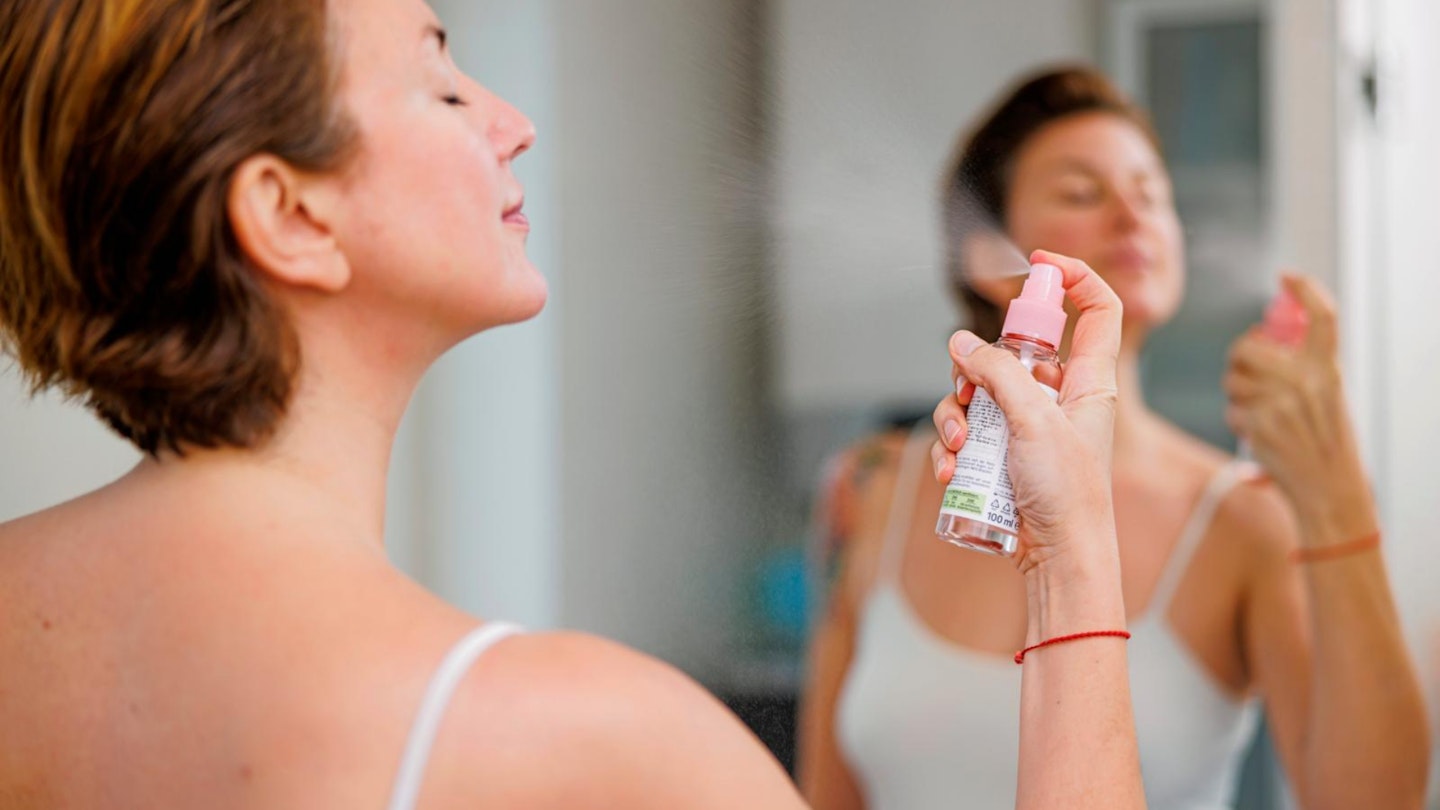
"Start with a lightweight, broad-spectrum sunscreen as your base, applied before make-up," offers Dr Ghadiri. "For reapplication, use a sponge or beauty blender to gently dab sunscreen over your make-up without disturbing it – opt for fluid or gel textures that sit well on top. Avoid mineral sunscreens if you’re concerned about a white cast or changes to your make-up finish, especially on deeper skin tones."
Miss Gill suggests, "You can use the topical sunscreen sprays which are SPF50+ that can be sprayed over make-up without ruining it. Laroche Posay SPF50 and Heliocare SPF50 are good examples. Just remember to let it dry before you open your eyes!"
How do we get enough vitamin D while staying safe?
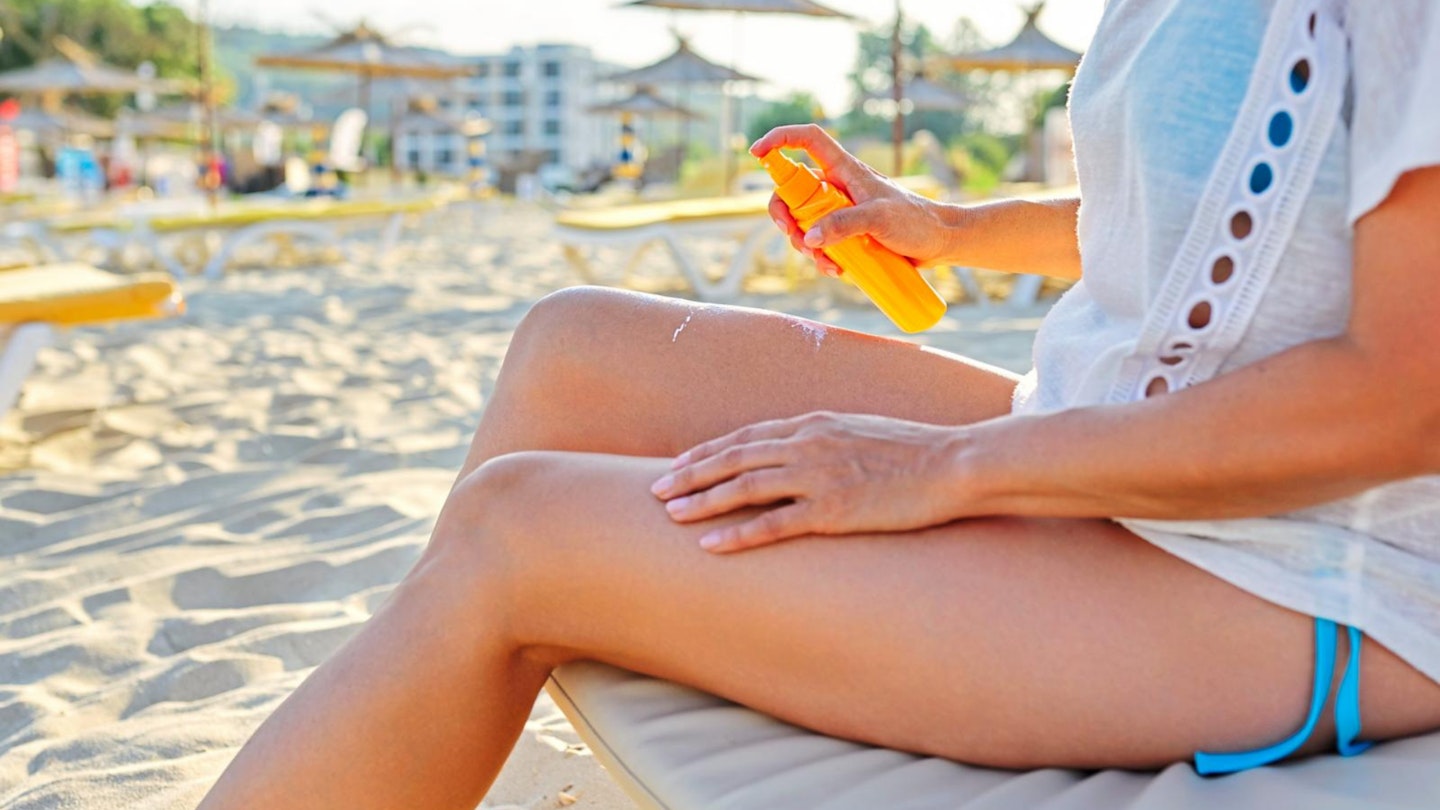
"A balanced approach works best. Brief sun exposure – around 10 to 15 minutes a few times a week – on less commonly exposed areas like the legs can help support vitamin D levels while minimising long-term damage to more sensitive areas like the face and hands," says Dr Ghadiri. "During the autumn and winter months, or for those who spend most of their time indoors, vitamin D supplementation is a safe and effective option and people should not be afraid to take this."
Top tips for UV protection:
-
Reapply sunscreen every two hours
-
Use handcream with built-in protection
-
Learn to look after your skin while outside
-
Look for broad‑spectrum protection
-
Reapply after being in water
-
Opting for SPF 50 will make a difference over time
-
You can supplement vitamin D if needed
-
A good skincare routine can help
-
Use a high-SPF hand cream after washing hands
-
Sunscreen should be used year-round
-
A topical sunscreen spray won’t disturb your make-up
It's never too late to improve your skin
Dr Ghadiri says, "While long-term sun damage can be challenging to fully reverse, early signs, such as dullness, fine lines, and uneven pigmentation, can often be improved. A consistent daily skincare routine featuring a topical retinoid, vitamin C, and daily sunscreen can help repair and protect the skin over time. In-clinic treatments are also evolving, with polynucleotide therapy and exosomes emerging as promising options for skin rejuvenation, now gaining popularity in aesthetic dermatology."
Miss Gill adds, "Prevention is always best, but dermatological interventions can help restore a more even tone and reduce fine lines or pigmentation. It’s never too late to start using factor 50 regularly!"
Annabelle Lee is a Lifestyle Editor at Bauer Media. She specialises in health, wellness and lifestyle celebrity content. She studied Journalism at The University of Sheffield and started her magazine career at Cosmopolitan in 2010. She has since worked across a wide range of women’s interest magazines and remains passionate about writing and long form features. Her favourite part of the job is that she gets to constantly learn new things, interview fascinating experts and share their advice with readers.
